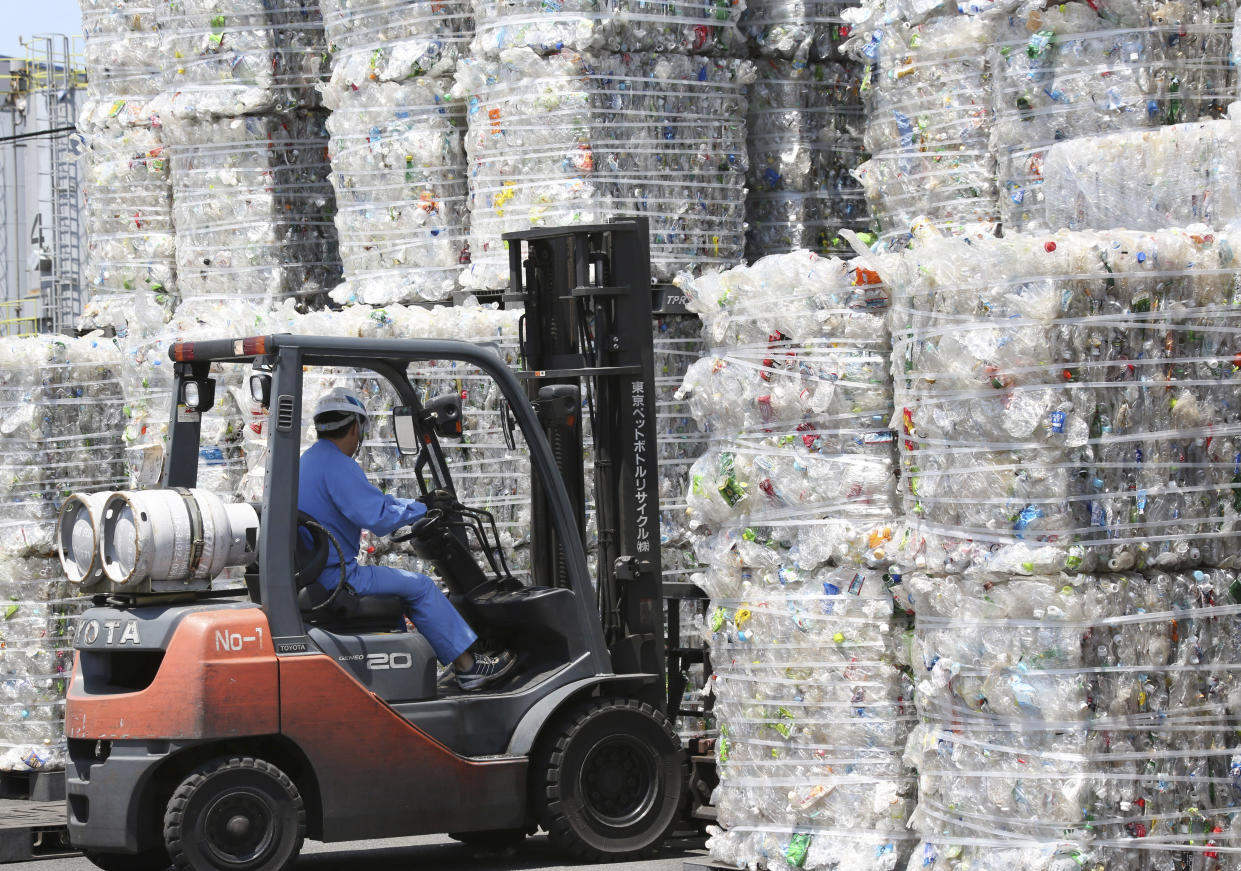Plastic Free July is a good start but corporations need to feel pressure: Greenpeace

A global challenge that kicked off at the start of the month is encouraging people worldwide to reduce their plastic use by making small changes.
Plastic Free July is an initiative that is said to involve 120 million people worldwide. It first started in Australia and has expanded to 177 countries. It challenges people and corporations to commit to excluding single-use plastic for a month — and beyond if possible — as an effort to reduce overall plastic intake. However, some environmental experts say in order for impactful changes to be made, consumers need to put the pressure on corporations about plastic production.
Making small changes
The campaign’s website breaks down what individuals, companies, schools and events can do to use less plastic in daily life.
For people looking to take part in the challenge, some suggestions include:
Using wax paper or cloth covers instead of plastic wrap;
Making a note on take-out orders to hold the plastic cutlery;
Investing in a reusable water bottle and cloth grocery bags;
Avoiding packaged produce.
For businesses, the group encourages taking a “bin audit” to take stock of what plastic waste can be avoided.
Calling out corporations
Sarah King is the head of Greenpeace Canada's oceans and plastics campaign. She says the month-long initiative is a great way to start targeting single-use plastics within a person’s community, but a lot more needs to be done, particularly when it comes to persuading corporations.
“As consumers, even despite our best efforts to avoid single use plastics, it can be near impossible because corporations are producing billions of these things weekly,” she tells Yahoo Canada. “The real power is us communicating to them that we don’t want to operate in this plastic-centric system.”
According to the Canadian government, the country produces over three million tons of plastic waste a year. Approximately 43 per cent of that is plastic packaging. In a recent global ranking of waste producers, Canada was flagged as one of the eight highest-risk countries.
“People bringing their own bags and containers...that all helps to send a signal that there is support for plastic free alternatives,” says King. “But because of where we are in the plastic waste pollution crisis, we need people to take that step one step further by calling for the phase out of single-use plastics.”
Ask for alternatives
Since it’s corporations that are producing the throw-away items, they also have the power to help create more sustainable delivery options for the products we consume. King says people should voice their concerns to local businesses they use, whether it’s a grocery store or fast food chains.
“The best thing you can do is take the time to say (to companies) you want an alternative,” she says. “We need to get corporations to focus on re-use and to stop perpetuating our throw away culture that is so dependent on plastic.”


